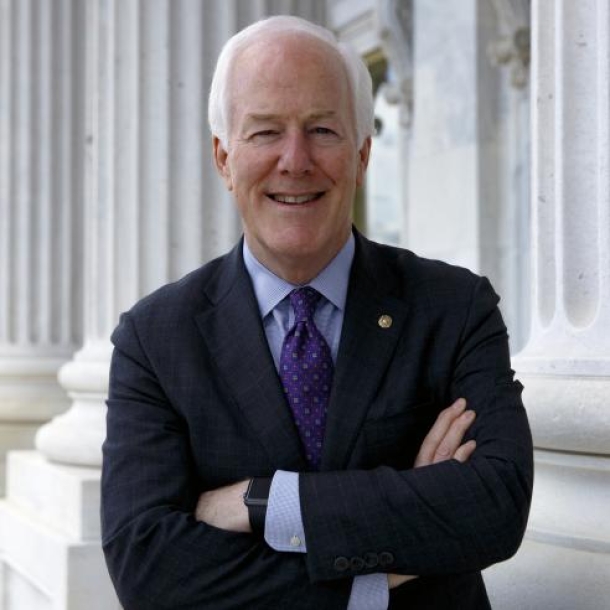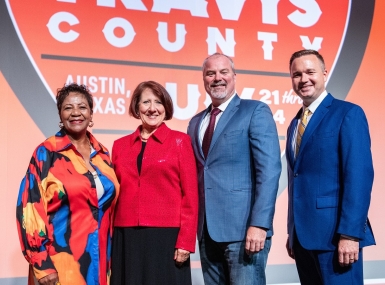2023 NACo Annual Conference & Exposition
Travis County, Texas

Jump to Section:
Jump to Section:
About the Conference
The National Association of Counties (NACo) Annual Conference & Expo is the largest meeting of county elected and appointed officials from across the country. Participants from counties of all sizes come together to shape NACo’s federal policy agenda, share proven practices and strengthen knowledge networks to help improve residents’ lives and the efficiency of county government.
2023 American County Platform
Through the hard work of over 700 steering committee members in attendance, as well as the NACo Board of Directors, NACo’s membership passed over 140 resolutions and platform changes. This new policy will inform our advocacy starting now during Congress’ August recess and throughout the next year.
Featured Speakers

Hon. John Cornyn
U.S. Senator (R-Texas)

Dr. Drew Pinsky
Physician, author, TV and radio host

Joan Lunden
Award-winning journalist, bestselling author, television host

Allan C. Golston
President, U.S. Program; Bill & Melinda Gates Foundation



